Keywords: Religious Beliefs
There are more than 200 results, only the first 200 are displayed here.
-
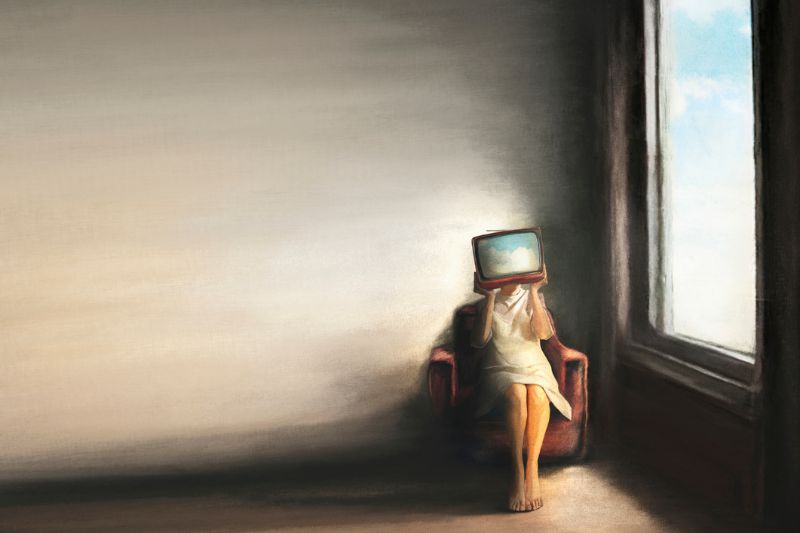
ARTS AND CULTURE
- Emma Wilkins
- 27 September 2022
2 Comments
There's an assumption that writers shouldn’t be writing about groups they don't belong to, as if this couldn’t be done with honesty and insight, respect and restraint. Difficult, yes, but impossible? Whether in fiction or non-fiction, outsiders might misunderstand and misrepresent the people they depict, but sometimes, insiders will too. Sometimes, outsiders will lack insight, but sometimes, when they’re curious, attentive, when they do not overreach, they’ll capture truth.
READ MORE 
-

RELIGION
- Paul Collins
- 20 September 2022
5 Comments
The word ‘Catholic’ is derived from the Greek Καθολικός (katholikos) meaning universal, of the whole, and the entire tradition is the very opposite of sectarian, particularist, narrow. It is most truly itself when it’s embracing and inclusive.
READ MORE 
-
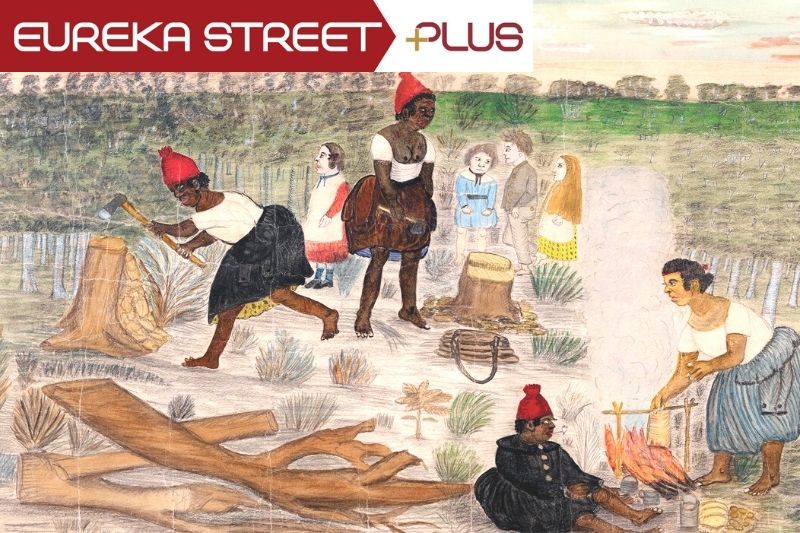
ARTS AND CULTURE
- Andrew Hamilton
- 16 September 2022
1 Comment
Joel Birnie’s short and admirable book provokes reflection both on what should have mattered in the relationships between colonial invaders and Indigenous peoples in the nineteenth century and on what matters in the relationships that constitute Australia today.
READ MORE 
-
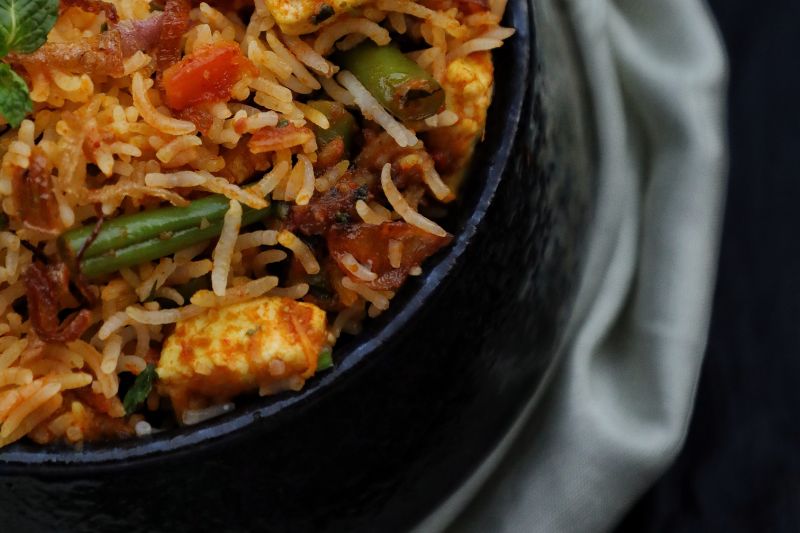
ARTS AND CULTURE
- Binoy Kampmark
- 17 August 2022
1 Comment
Uncle Boda was a figure who managed to tease out an image at one mention with his humble and unambitious doctor’s practice, for which he worked for years to obtain. He had read medicine in India, and to this day it remains unclear how long he spent trying to earn his degree.
READ MORE 
-
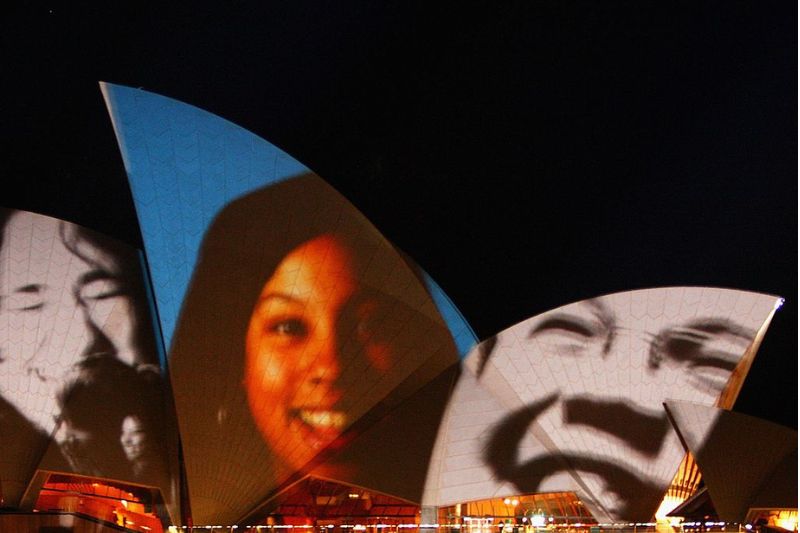
AUSTRALIA
- Andrew Hamilton
- 17 August 2022
4 Comments
Few Australians of Irish descent will now be familiar with this history and the experience that accompanied it. They would see themselves as simply Australian. But the emphasis on social justice, the recognition of the value of community, and the concern for people who are marginal that are communicated through Catholic schools and the sympathy with the underdog owe much to the Irish heritage.
READ MORE 
-

RELIGION
- Michele Frankeni
- 12 July 2022
1 Comment
Last week at the Plenary Council Second Assembly, it seems many of Australia’s bishops, for whatever reason, wanted to bury the talents available to them. They voted down motions related to the equality of dignity between men and women. The reaction according to commentators was visceral with members, not just women, upset and angry. It is likely the anger was more potent for the fact that the motions had become so anodyne that many assembly members are probably regretting the parsing and pruning.
READ MORE 
-

ARTS AND CULTURE
- Andrew Hamilton
- 03 June 2022
1 Comment
As I was reading the illuminating contributions to Class in Australia I had to confront my attitudes to Marxist analysis, to the claims of sociology, social work and psychology to be sciences, to the relative importance of inequality based on wealth, gender and race, and to any claim that canonises individual choice while claiming to be value free.
READ MORE 
-

AUSTRALIA
- Julian Butler
- 22 March 2022
4 Comments
Part of what makes community is what distinguishes community, what sets it apart. It might be an interest in music, or sport, a neighbourhood or a set of values or practices. Initially, at least, the extent to which we identify with the community will depend upon the extent to which those things that define or characterise it are important to us.
READ MORE 
-
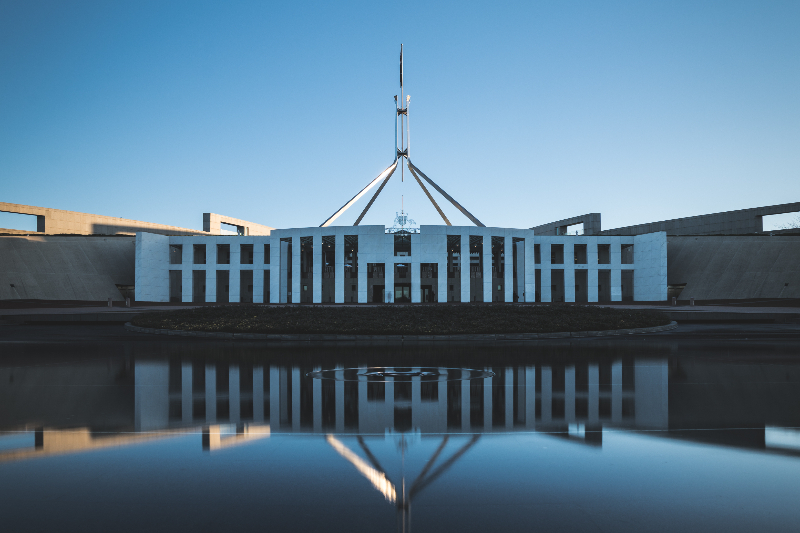
AUSTRALIA
- Frank Brennan
- 22 February 2022
42 Comments
In recent days, if you were to listen to the media reports, you could be forgiven for thinking that religious educators want to retain a right to exclude children or teachers from their schools on the basis of their gender or sexual orientation. Nothing could be further from the truth. Or nothing should be further from the truth.
READ MORE 
-

AUSTRALIA
- Frank Brennan
- 22 February 2022
1 Comment
In recent days, if you were to listen to the media reports, you could be forgiven for thinking that religious educators want to retain a right to exclude children or teachers from their schools on the basis of their gender or sexual orientation. Nothing could be further from the truth. Or nothing should be further from the truth.
READ MORE
-
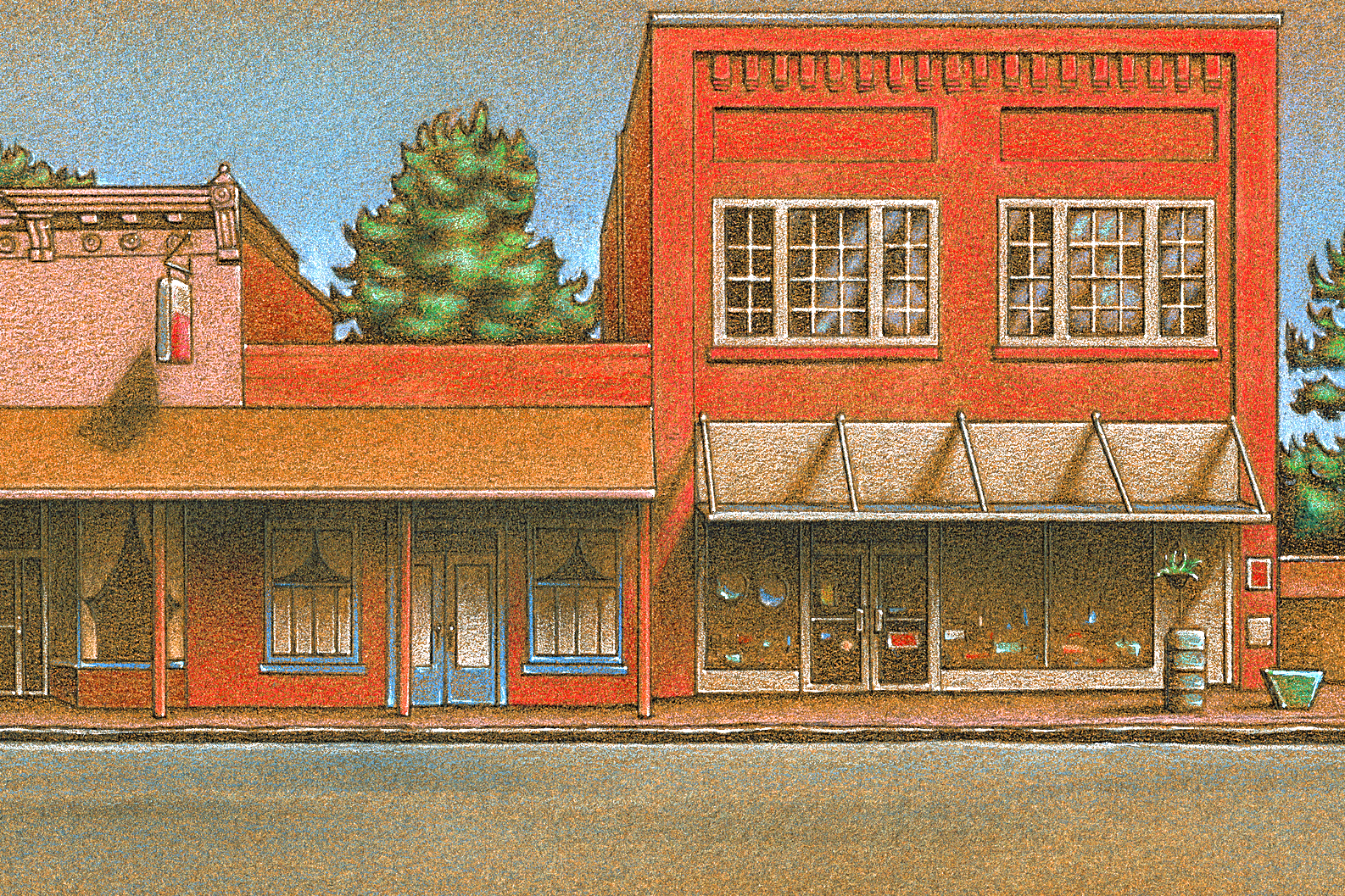
ARTS AND CULTURE
- Paul Mitchell
- 10 February 2022
6 Comments
American novelist Jonathan Franzen has in his last three fictional works taken words that loom large in the collective consciousness and built worlds around them. First, it was Freedom (2010), then Purity (2015), and now Crossroads (2021). The latter title, of course, refers to a literal and figurative decision-making moment, but also the mythic locale where blues singers, notably Robert Johnson, made their pacts with the devil.
READ MORE 
-
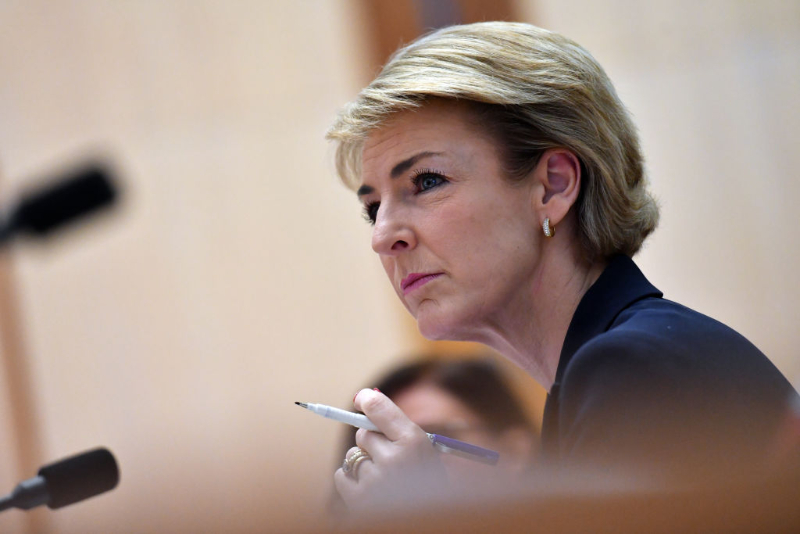
AUSTRALIA
- Frank Brennan
- 11 January 2022
2 Comments
It’s four years since the Australian Parliament amended the Marriage Act 1961 to provide that marriage means ‘the union of two people to the exclusion of all others’. The legislation followed the plebiscite on same sex marriage. To address the concerns of some religious groups, Prime Minister Malcolm Turnbull set up an expert panel chaired by long time Liberal Party minister Philip Ruddock to report on whether Australian law adequately protected the human right to freedom of religion.
READ MORE